Our Cardiologists Diagnose
and Treat Heart Problems
Our region suffers one of the highest rates of heart problems in the country. We know you have a choice when it comes to getting heart treatment. Cardiologists diagnose AND treat heart patients by examining and clearing blocked arteries with small incisions and outpatient procedures. Our heart doctors perform more than 4,000 heart catheterizations annually to pinpoint heart problems. Standing ready to diagnose and, if necessary, treat heart patients are 11 cardiologists, a pediatric cardiologist, 10 interventional cardiologists and 3 Electrophysiologists.
All Electrophysiology studies are conducted in a dedicated, specially equipped Electrophysiology Laboratory located in the McLeod Regional Medical Center or McLeod Health Seacoast Cardiac Catheterization Laboratory. McLeod Cardiology Associates cares for Electrophysiology patients at their office location in Sumter in addition to their regular office locations. To schedule an appointment at one of these locations, please call (843) 667-1891. Like any highly complex device powered by electricity, the body’s heart can misfire, causing arrhythmias or erratic heartbeats. Atrial Fibrillation tops the list as the most common of these cardiac electrical problems.
McLeod Health offers Cardiology Services at the following locations: Florence, Cheraw, Clarendon, Dillon, Hartsville, Little River, Loris, Myrtle Beach, and Sumter.
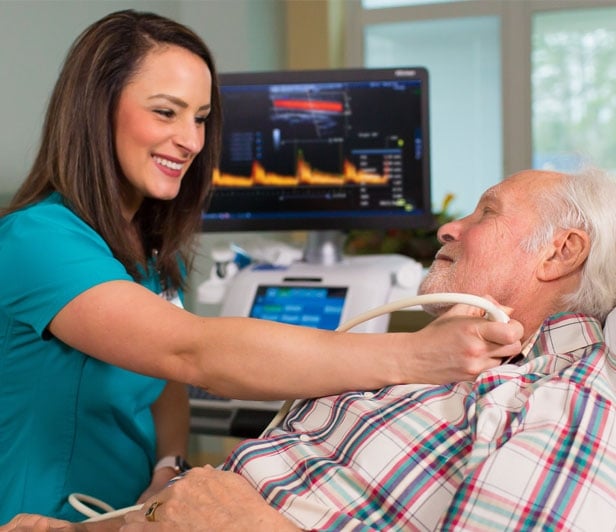
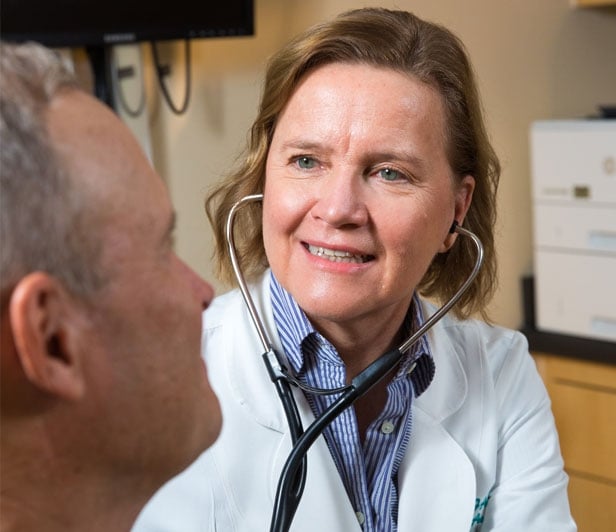
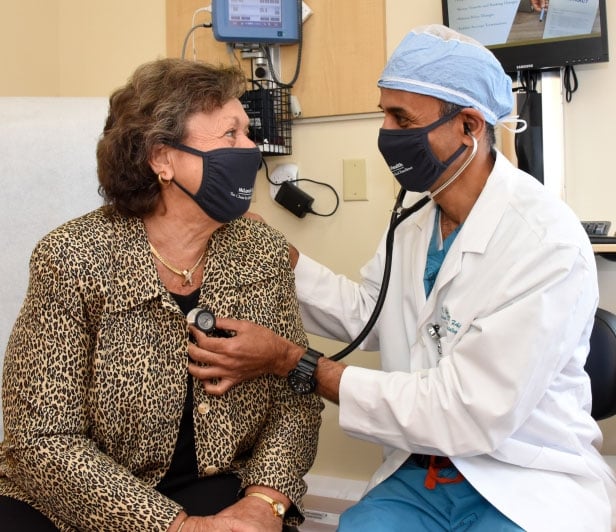

-
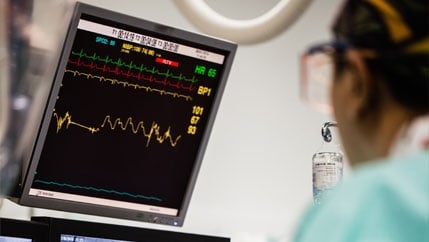
McLeod Cardiologists Find a Better Way into the Heart – Through the Wrist
When performing a heart catheterization to explore the heart and its pumping ability, cardiologists traditionally insert their small instruments through the groin area. Using the wrist also as an entry point, the patient sees fewer complications, including less trouble with bleeding and no need to compress the entry area to control bleeding.
-
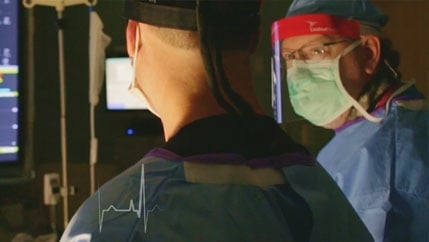
Interventional Cardiology
“Interventional” cardiologists put their additional education, training, certification, and experience to use in minimally invasive procedures performed on the heart and arteries. Patients referred to an interventional cardiologist will probably undergo a test called an angiogram, used to diagnose blockages in your arteries. If tests reveal a problem, your cardiologist may recommend a procedure, such as angioplasty or stenting.
-
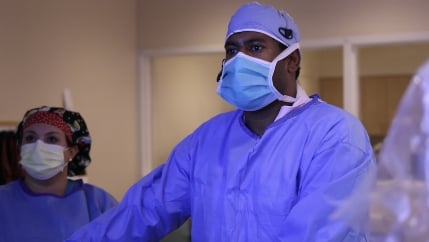
Electrophysiology (EP) Studies Pinpoint Erratic Heart Problems.
Electrical signals maintain the heart muscle’s rhythm, pumping blood through the body. Irregular signals trigger the heart to beat too fast, too slow or vary between too fast and too slow. The Electrophysiologist, a cardiology subspecialist, deals with these arrhythmia, fibrillations or tachycardia. From the Midlands to the Coast, Patients Can See a McLeod Electrophysiologist.
READ MORE
Electrophysiology studies are conducted in our dedicated, specially equipped Electrophysiology Laboratories located at McLeod Regional Medical Center (Florence) and McLeod Seacoast (North Myrtle Beach area). McLeod Cardiology Associates evaluate patients at McLeod Health Seacoast and at their Sumter office as well as in Florence. To schedule an appointment at one of these locations, please call 1 (800) 299-5689. Like any highly complex device powered by electricity, the body’s heart can misfire, causing arrhythmias or erratic heartbeats. Atrial Fibrillation tops the list as the most common of these cardiac electrical problems.
Close -
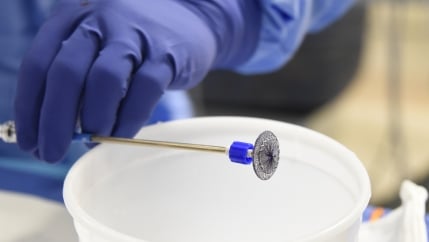
Procedure Shown to Reduce the Risk of Stroke.
A technology available at McLeod, performed by a McLeod Interventional Cardiologist, involves a device which studies have shown reduce the risk of stroke by sealing off the hole in the heart that should have closed off at birth. This technology, the PFO closure procedure, is performed through the use of a small device that is inserted into the heart through a vein.
The PFO closure device is moved through the vein to the location of the hole in the heart. Once in place the device is opened up to form one circular disk covering the hole on the left side and one disk on the ride side permanently sealing off the hole to stop the abnormal flow of blood between the two chambers.
READ MOREA test for PFO is not usually performed unless a patient has a TIA (mini-stroke) or stroke symptoms, especially patients who experience a stroke of unknown cause, such as a cryptogenic stroke.
Until the FDA approved this device for PFO treatment the only other option was open-heart surgery. Now with the PFO closure device the risk of another stroke for patients who experienced a stroke believed to be caused by a PFO is reduced.
Close -
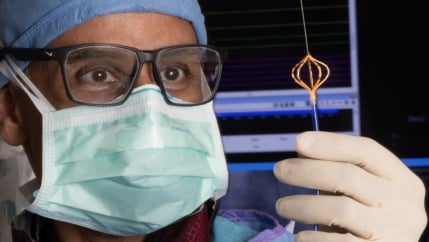
McLeod Offers New Safer and Faster Treatment for A-Fib
McLeod Electrophysiologists are performing safe and successful ablations in patients using pulsed-field ablation (PFA). PFA catheter therapy uses short bursts of high energy to affect heart tissue that causes A-fib opposed to using heat or cold energy as with traditional ablations.
Benefits of PFA
- Safer procedures
- Shorter ablation times
- Only targets affected cells and not surrounding tissue
- Successful results
PFA can lead to faster procedures while reducing anesthesia time and removing some of the risks of traditional A-fib ablations. The Pulsed Field Ablation system features a flower-shaped design for precise coverage of the targeted area of the heart.
An ablation is a catheter procedure to reroute the heart’s electrical activity in the upper chambers by destroying small areas in the heart involved in the abnormal rhythm. This prevents any abnormal electrical signals from moving through the heart.
Close
-
McLEOD REGIONAL MEDICAL CENTER FLORENCE
843-777-2000 -
McLEOD DARLINGTON
843-777-1100 -
McLEOD DILLON
843-774-4111 -
McLEOD LORIS
843-716-7000 -
McLEOD SEACOAST
843-390-8100 -
McLEOD CHERAW
843-537-7881 -
McLEOD CLARENDON
803-433-3000



-
McLEOD REGIONAL MEDICAL CENTER FLORENCE
843-777-2000 -
McLEOD DARLINGTON
843-777-1100 -
McLEOD DILLON
843-774-4111 -
McLEOD LORIS
843-716-7000 -
McLEOD SEACOAST
843-390-8100 -
McLEOD CHERAW
843-537-7881 -
McLEOD CLARENDON
803-433-3000
 Find a Doctor
Find a Doctor  Locations
Locations  Services
Services